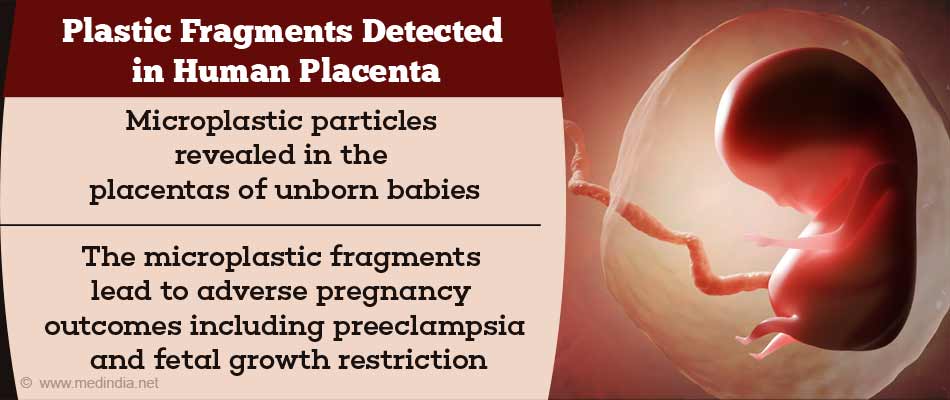Plastic Infiltrates the Placenta: Potential Threat to Fetal Development
A recent discovery has raised concerns about the potential health risks posed by microplastics to unborn babies. Researchers have identified the presence of microplastics – tiny fragments of plastic less than five millimeters in size – within the human placenta, the vital organ responsible for nourishing a developing fetus. This finding, corroborated by several studies, suggests that fetuses may be exposed to microplastics even before birth.
The placenta acts as a protective barrier between the mother and fetus, regulating the exchange of nutrients and waste products. The presence of microplastics within this organ raises serious questions about the potential for these contaminants to harm the developing baby. While the long-term health effects of microplastic exposure in humans remain unclear, studies on animals have shown these particles can trigger inflammation and oxidative stress, both of which can disrupt cellular function.
The source of these microplastics in the placenta is still under investigation. One possibility is that they originate from the mother's diet or environment. Microplastics are ubiquitous in our surroundings, contaminating everything from bottled water to clothing. As these particles are microscopic and easily ingested, it's plausible that they can make their way into the bloodstream and eventually reach the placenta.
Another possibility is that microplastics enter the fetus directly. A German study published in 2021 not only confirmed the presence of microplastics in placentas but also detected them in meconium, the first feces of newborns. This suggests that fetal exposure to microplastics may be occurring even before birth.
While the immediate health risks associated with this discovery are yet to be determined, researchers emphasize the need for further investigation. The long-term consequences of microplastic exposure on fetal development are unknown, and understanding the potential dangers is crucial for safeguarding public health.
The detection of microplastics in the placenta underscores the pervasiveness of plastic pollution and its potential to infiltrate even the most critical biological processes. This finding serves as a stark reminder of the urgency for stricter regulations on plastic use and the development of effective strategies to curb plastic pollution.
مشاركة:

